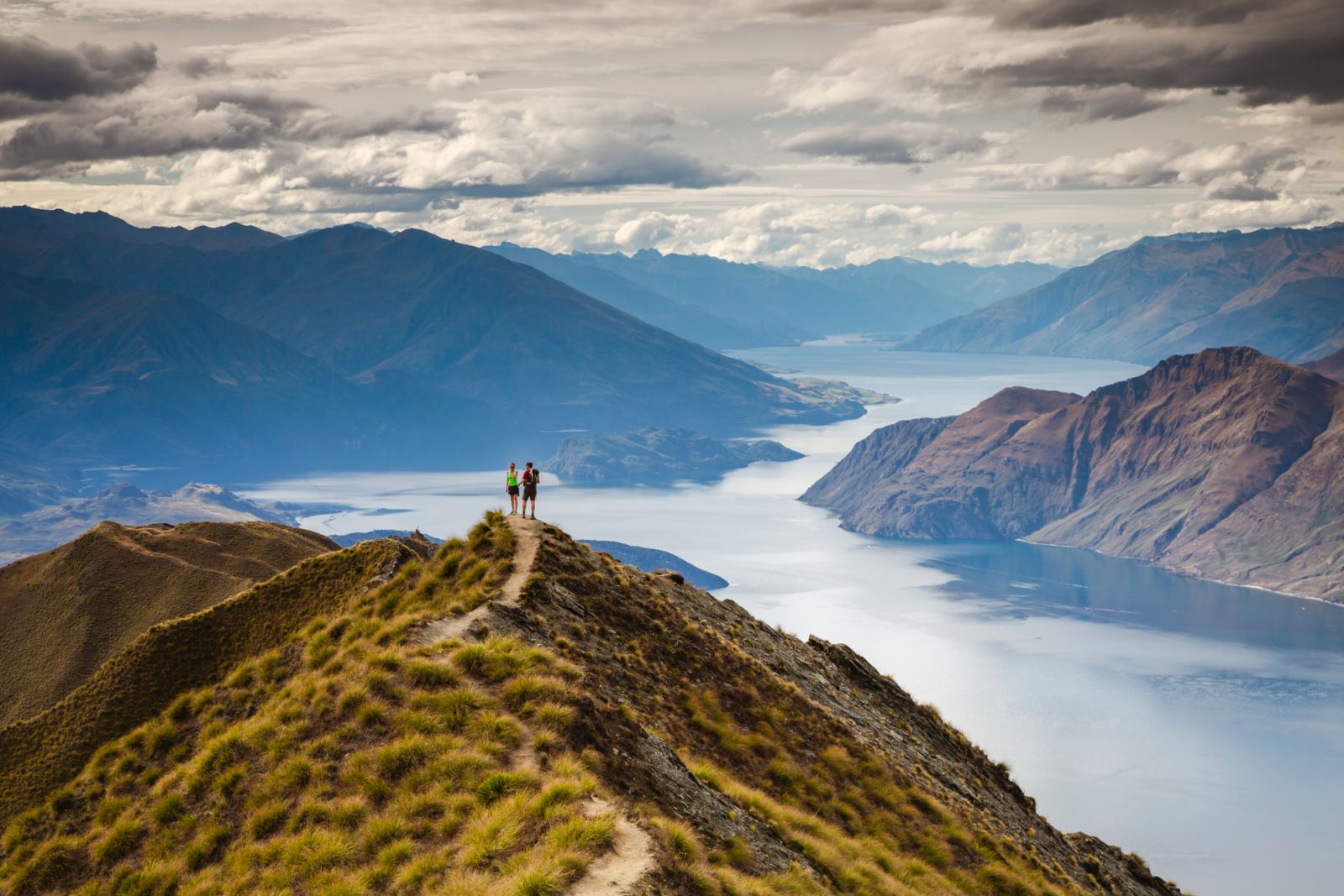AndBeyond’s chief marketing officer Nicole Robinson shares her insights on sustainable travel and how we can do so
The end-of-year travel season is underway and many of us are beginning to flock to airports, hoping to get away from the hustle and bustle of life for a week or two.
With the launch of Google Flight’s carbon emissions estimates, which calculates an individual’s carbon emission for each flight; and the introduction of eco ratings on various travel agency websites including booking.com and Expedia, jet-setters are growing increasingly mindful of sustainable travel—something that is more important now than ever.
Expedia’s April 2022 Sustainable Travel Study shows how travel restrictions due to the pandemic saw a decrease in carbon emissions and an increase in positive environmental impacts. With the easing of cross-border constraints, it’s important to balance its return by improving on travelling sustainably.
Read more: Have a green holiday in Monaco—one of the world’s leading sustainable travel destinations


Conducted with over 10,000 individuals worldwide, the 2022 study highlights that 90 per cent of consumers look for sustainable options while travelling. This can be done through various ways including visiting lesser-known destinations, supporting local economics and lessening environmental impacts. However, the study also shows that seven in 10 consumers feel overwhelmed by starting the process of being a more eco-friendly traveller.
While important, sustainable travel can be hard, especially when it comes to reducing our carbon footprint. Tatler Singapore reached out to the chief marketing officer of experiential luxury travel company AndBeyond Nicole Robinson, to learn more about travelling sustainably.
